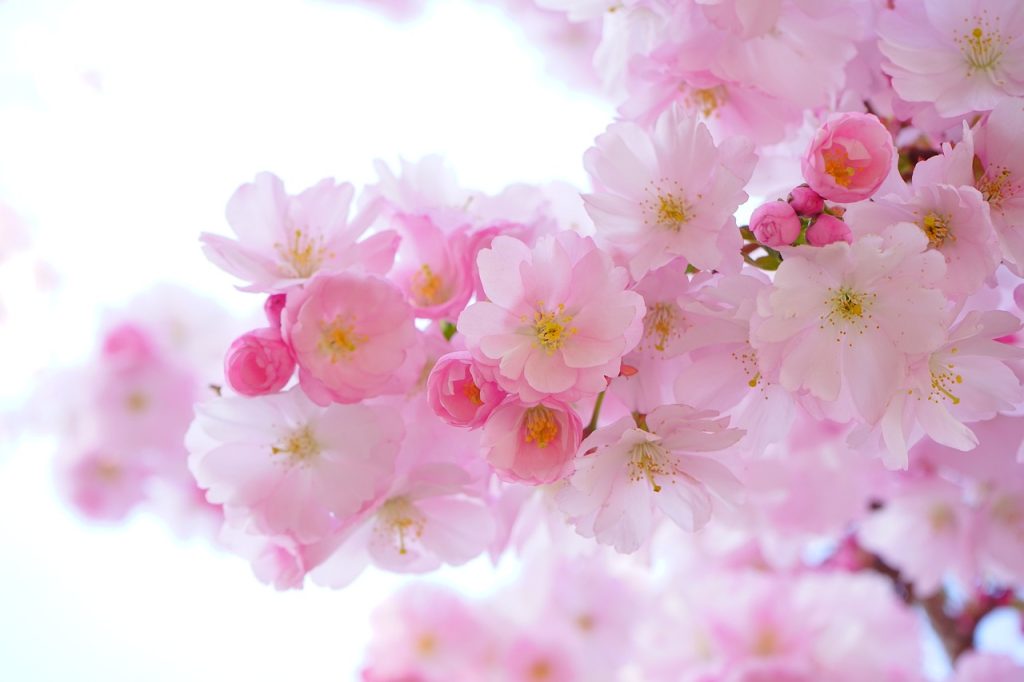Biodegradable Beauty: The Promise of Plant-Based Fashion
In a world where sustainability is becoming a driving force in consumer choices, plant-based fashion is emerging as a beacon of biodegradable beauty. This article delves into the realm of plant-based textiles, exploring how they are reshaping the fashion landscape and embodying the promise of a more environmentally conscious industry.
At the forefront of plant-based fashion is a commitment to materials that leave a minimal ecological footprint. Unlike synthetic fabrics that contribute to environmental pollution and take centuries to decompose, plant-based textiles offer a renewable and biodegradable alternative. The promise lies not only in their eco-friendly origins but also in their ability to return to the earth, closing the loop in the fashion life cycle.
One of the key players in the plant-based fashion movement is organic cotton. Cultivated without synthetic pesticides and fertilizers, organic cotton promotes soil health and biodiversity. Its biodegradable nature means that at the end of its life, it naturally decomposes, leaving no trace of synthetic pollutants. Organic cotton, with its soft feel and versatility, is becoming a staple in sustainable fashion, embodying the essence of biodegradable beauty.
Hemp, an ancient fiber with a rich history, is experiencing a renaissance as a sustainable and biodegradable material. Hemp cultivation requires minimal water and pesticides, making it an environmentally friendly choice. Beyond its biodegradability, hemp acts as a carbon sink during cultivation, sequestering more carbon dioxide than most other crops. Hemp textiles are durable, breathable, and become softer with each wash, showcasing the potential of this plant-based fiber in creating beautiful and sustainable fashion.
Piñatex, derived from pineapple leaf fibers, exemplifies the innovative spirit of plant-based fashion. As a byproduct of the pineapple industry, Piñatex utilizes waste material to create a sustainable alternative to traditional leather and synthetic fabrics. The production process involves extracting fibers from pineapple leaves, which are then processed into a non-woven mesh. Piñatex offers a cruelty-free, biodegradable, and unique texture, capturing the essence of biodegradable beauty.
Another noteworthy contribution to plant-based fashion is Tencel, a fiber made from wood pulp, typically sourced from eucalyptus trees. The closed-loop production process of Tencel involves recycling solvents, minimizing waste and environmental impact. Tencel textiles are renowned for their silky feel, breathability, and moisture-wicking properties. As a biodegradable material, Tencel represents a harmonious blend of luxury and sustainability.
Bamboo fabric, derived from the fast-growing bamboo plant, stands as a versatile and biodegradable option in plant-based fashion. Bamboo cultivation requires minimal water and pesticides, and the plant itself regenerates quickly. The production process involves mechanically crushing the bamboo plant and using a natural enzyme to break it down into fibers. Bamboo fabric is known for its softness and breathability, embodying the natural beauty of sustainable and biodegradable fashion.
The rise of plant-based fashion aligns with the principles of circularity and zero waste. Beyond their biodegradability, these materials contribute to a holistic approach to sustainability. Brands are exploring take-back initiatives, where consumers can return old garments for recycling or repurposing. This commitment to responsibility at every stage of a product’s life reinforces the circular approach and encourages consumers to actively participate in the biodegradable beauty of plant-based fashion.
Challenges persist in the widespread adoption of plant-based fashion. The availability of sustainable materials, scalability, and consumer awareness are ongoing considerations for the industry. Education about the benefits of plant-based textiles and their biodegradable nature is crucial in fostering a shift towards more sustainable choices.
In conclusion, Biodegradable Beauty: The Promise of Plant-Based Fashion symbolizes a transformative movement in the fashion industry. It signifies a departure from the linear and polluting model of traditional fashion towards a circular and regenerative approach. As plant-based textiles gain prominence, the promise of biodegradable beauty becomes a reality, demonstrating that fashion can be both aesthetically pleasing and environmentally responsible. Welcome to a world where style meets sustainability, and the beauty of fashion extends beyond appearance to leave a positive mark on the planet.

Leave a Reply